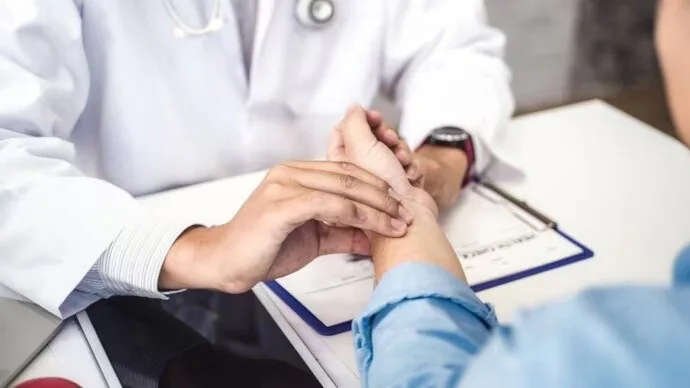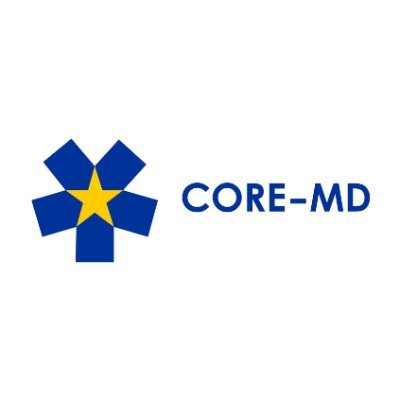
BREXIT AND HEALTH
“Brexit is bad for health, and doctors should say so”. Neena Modi, president of the Royal College of Paediatrics and Child Health (RCPCH) in the UK, argued in a recent personal view in the British Medical Journal that leaving the EU…












